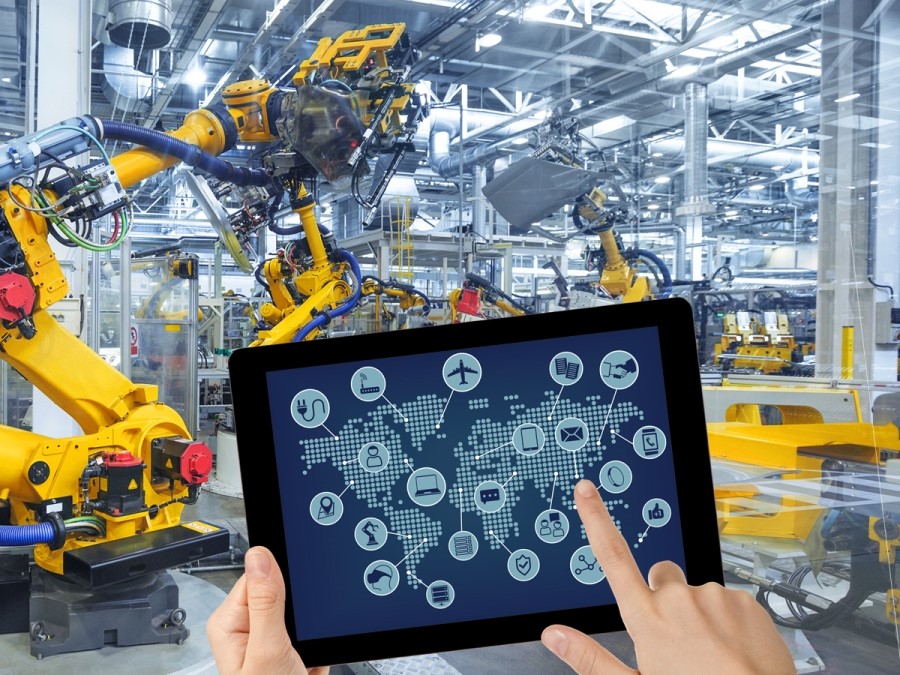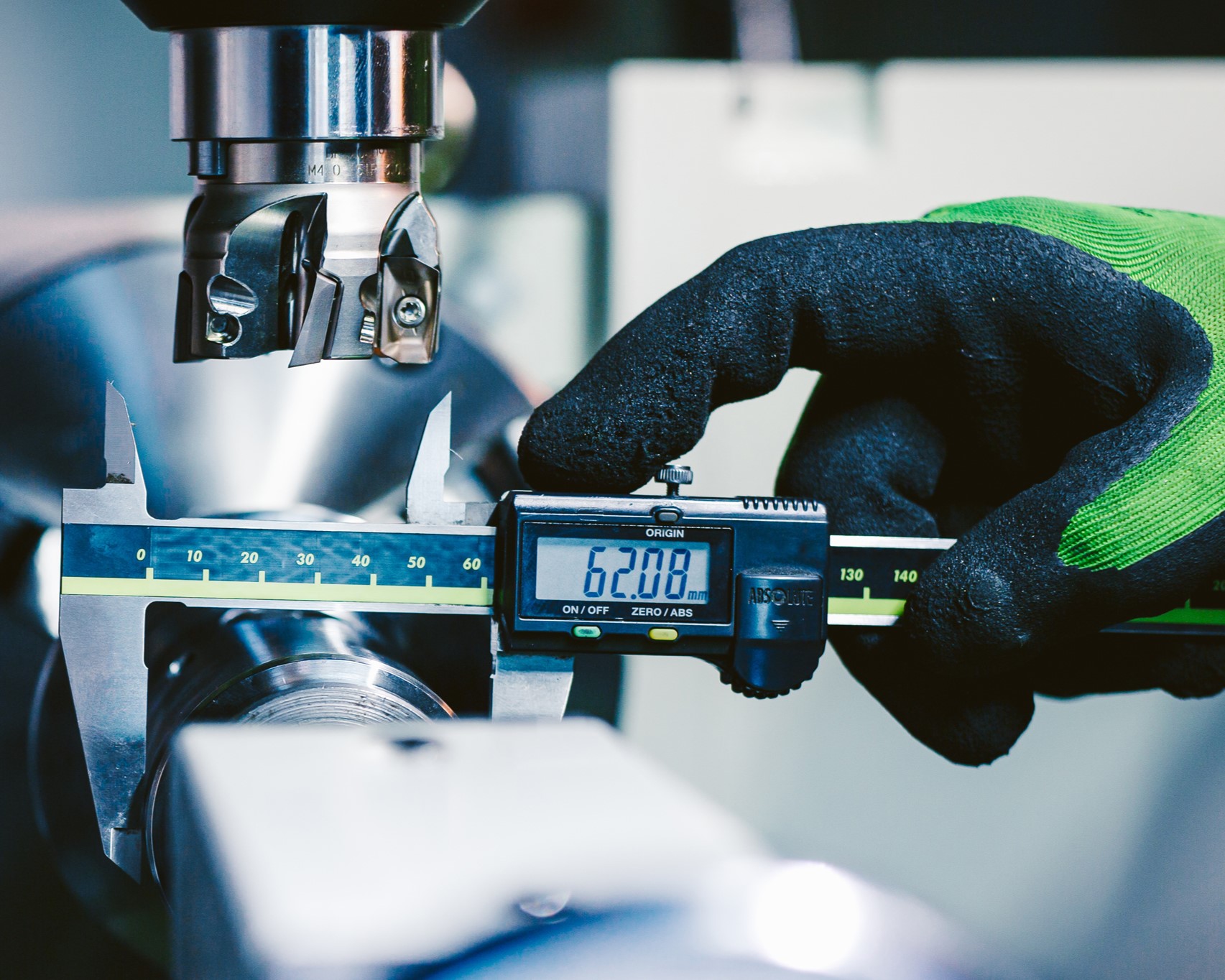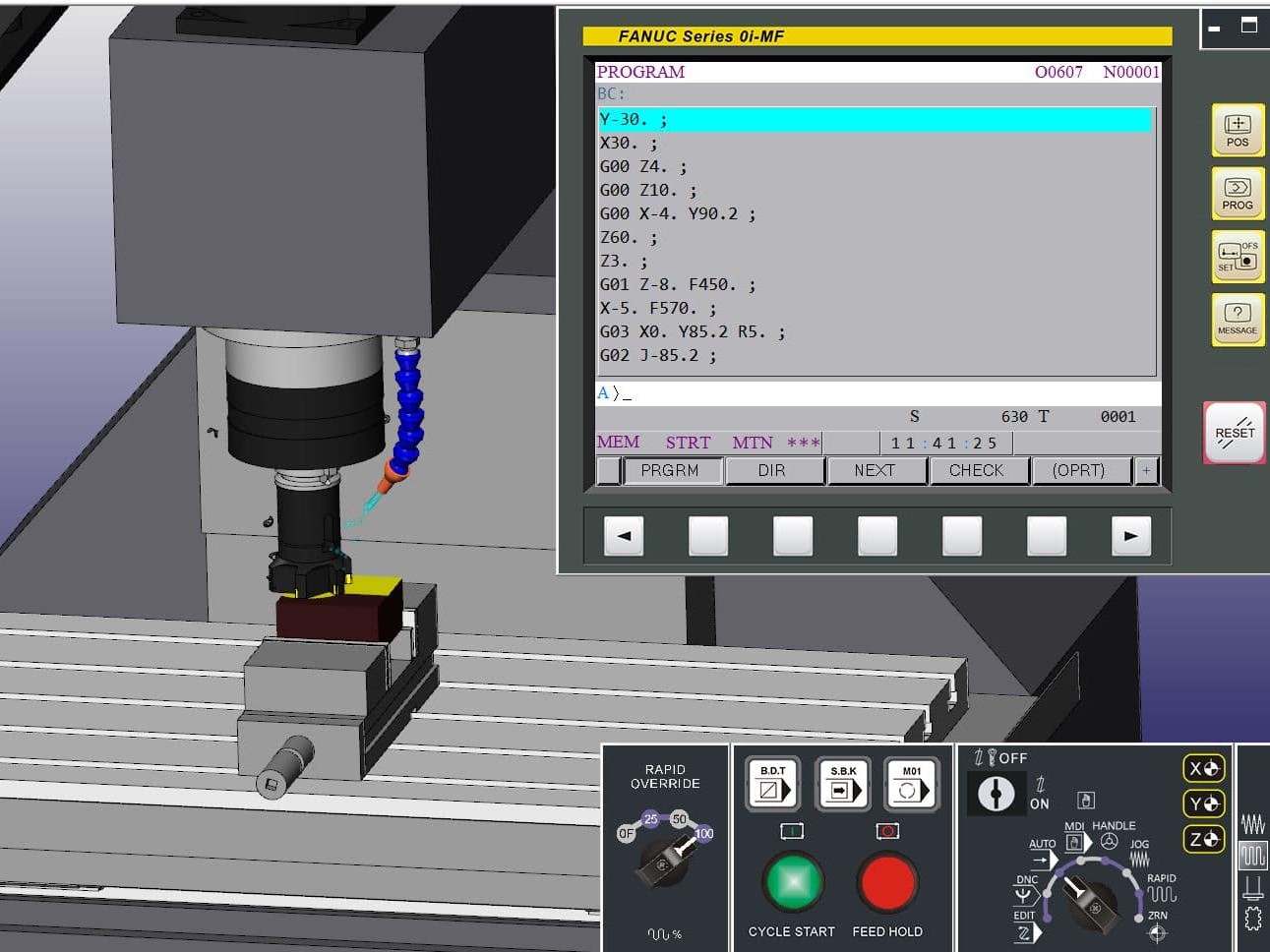Description
This extensive course introduces the foundational concepts of industrial automation using Programmable Logic Controllers (PLCs), the cornerstone of modern automated systems. Tailored for engineers, technicians, and students, this course explains how PLCs are used to control machinery and processes in industries ranging from automotive and packaging to water treatment and energy. You’ll begin by understanding the hardware architecture of PLCs, including input/output modules, power supplies, and communication ports. As you progress, you’ll write and troubleshoot ladder logic programs, simulate real-time control processes, and connect sensors and actuators. The course places strong emphasis on hands-on exercises and practical scenarios such as conveyor systems, traffic lights, and temperature regulation. Advanced topics such as Human-Machine Interfaces (HMIs), networking, and SCADA integration are also introduced. Learners will gain insights into how automation boosts productivity, reduces errors, and ensures safety in high-demand environments. By course end, you’ll be capable of developing, testing, and deploying PLC programs in industrial settings, making this course a vital stepping stone into automation engineering.






Affiong –
This course was exactly what I needed to transition into automation. Everything was explained clearly, and I could apply the knowledge at work right away.
Oluwabunmi –
This course helped me understand the automation side of our plant operations. Now I can communicate more effectively with our engineering team.
Auwalu –
I loved how the course simplified complex industrial processes. It gave me a competitive edge during campus interviews.
Akpan –
Highly informative and practical. The course covered programming basics, sensor integration, and even touched on SCADA systems—great value for the price.
Chijioke –
The course offered a solid foundation in PLCs and industrial automation. The examples were real-world relevant, and I finally feel confident working with ladder logic.